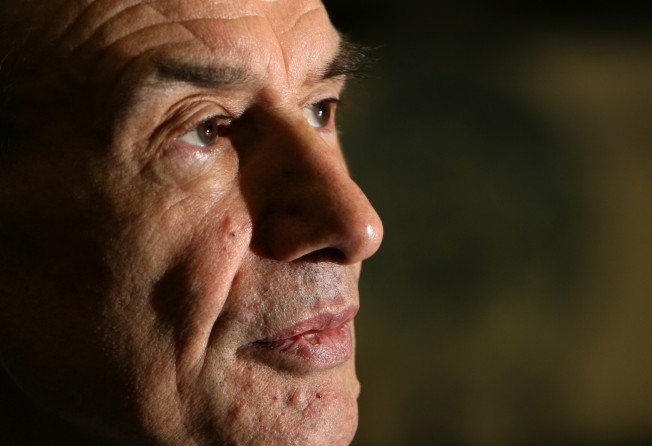Help us understand what you are interested in so that we can improve SCMP and provide a better experience for you. We would like to invite you to take this five-minute survey on how you engage with SCMP and the news.
An intellectual light of Hong Kong has gone out
- Few people understood the city better than the late economist, journalist and colonial government adviser Leo Goodstadt or had better ideas how to fix them

As I write these words, I open with sadness my copy of Leo Goodstadt’s 2013 Poverty in the Midst of Affluence, which he signed with, “To Alex Lo, with admiration and affection. Leo Goodstadt.”
I counted him among the few Hong Kong acquaintances I truly valued, though we were never close enough to qualify as friends.
Perhaps I once endeared myself to Goodstadt, who died last month aged 81, when I wrote in this space that his post-1997 successors at the government’s Central Policy Unit had no idea what they were doing.
I always contrast Goodstadt with Chris Patten, the city’s last colonial governor. As critics of the post-handover government in Hong Kong, both men represent what may be called the British colonial conscience.
Both have an enduring love and affection for the city.
Patten criticises the government from the outside, literally from his own country, as well as from the Western standards of democratic values. Goodstadt, however, criticised the government from within, by which I don’t mean he held any official post after 1997.
Rather, in book after book, he cited the stated goals, policies and ambitions of the administrations of four chief executives, held them to their own standards and found them wanting.
If you really want to understand Hong Kong and its problems, I recommend reading Goodstadt rather than Patten.
I once had a truly memorable lunch with Goodstadt. I was going to recommend Japanese, which he hated – or was it only raw fish? – so he ended up taking me to the Hong Kong Club, then very much a colonial institution.
Everyone inside eyed me up and down and was ready to call security because I obviously didn’t belong.
He had just given a talk in economics at the University of Hong Kong but ended up expounding on Thomas Aquinas.
Afterwards, I asked how an economist knew so much about the saint-philosopher-theologian. To which he answered with another question, with contempt in his voice: “How does one become educated?”
When lunch arrived, I jumped right in, but ever the good Catholic, he prayed first. Embarrassed by my ill manners, I doubled down and declared I was an atheist.
He then discoursed on how theologians – such as Aquinas, his favourite philosopher – who have provided proofs for the existence of God had thought more deeply about atheism than most atheists.
I agreed with him, as I do on most things.